Transforming News
We had the pleasure of interviewing Arnaud Britsch, Deputy Director of the Institut Européen de Coopération et de Développement (IECD), who was part of one of our coaching programs with L'Oreal.
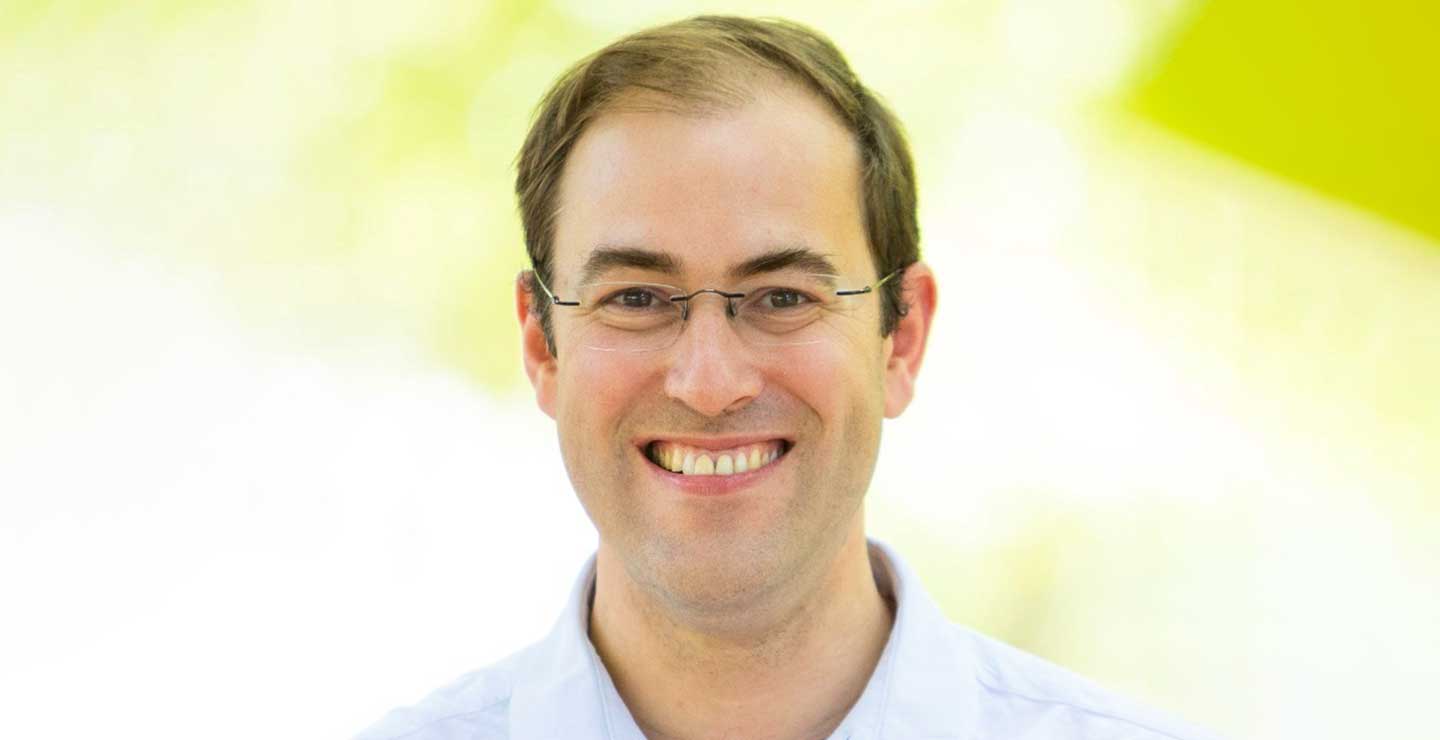
Blending industries for new and more responsible perspectives
We recently had the pleasure of interviewing Arnaud Britsch, Deputy Director of the Institut Européen de Coopération et de Développement (IECD). Arnaud recently completed a leadership development program alongside managers from L’Oréal, run by Turningpoint, a real cross-sectoral experience that expanded our horizons! Here is his take on the experience:
Today, what are the managerial challenges you are facing?
Due to the increase in inequalities following multiple global crises, our activity has tripled in 10 years. Therefore, our challenge is to find an appropriate balance between our “service” mission, on which we put all our energy, and the necessary (re)structuring to adapt the organization to the growth and to the challenges we face.
What added value did this specific format, mixing L’Oréal leaders with an NGO leader like yourself, seem to bring?
The NGO sector is rapidly becoming more professional and the boundaries that may have separated it from the corporate world are gradually blurring, with the notable difference that our mission is not for profit. In a way, we can also consider that an organization like ours has a “service offer”, by proposing educational solutions, training, access to employment for young people, to local organizations, public or private institutions
…However, we are evolving in different sectors: the discovery of our respective methods or practices, the cross-viewing of our issues, allowed us to open up to our respective horizons and to analyze each other in a “mirror” way.
What do you think you brought to the participants from L’Oréal?
I think that they appreciated this peak into the international non-profit sector: it seemed to me that they were happy that their company was making this kind of investment and opening up the program to an outsider, contributing in their own way to a meaningful cause. I felt that they were genuinely interested in me and my work. I also think that my presence and our discussions helped raise awareness of disadvantages and vulnerable groups…
And for you as a leader, what do you think you have gained from this experience?
In recent years I have been working as a COO, with a mission focused on the operational organization implementation strategy. I am gradually taking on a broader CEO role for which I have to prepare, as I am taking professional and personal leap. This program allowed me to work on myself, to get to know myself better as a leader, to improve my skills as a leader who has a vision, and to be more efficient in my work. I particularly appreciated the 360 questionnaire, which gave me very direct but also very accurate feedback on my strengths and weaknesses. I came out more confident and with clear areas for development.
How would you categorize yourself as a leader?
I used to be a leader who moved forward with an emphasis on “execute” and “energize”… that went with my operational mission. Over the last few years, I have worked a lot on internal processes and on managing the investments that we deployed internationally. From now on, I will have to take a step back and work on the long-term vision of the organization to define its core essence. “Hands off, eyes on!
What actions are you going to take as a result of this program?
We worked a lot on how to build a vision in teams and with stakeholders. Even though we were using examples from L’Oréal, this is an approach that I would like to draw inspiration from for the IECD. I would also like to work on the internal dynamics of the association, on how to work more efficiently with the CODIR team, and to rethink the team dynamics, to better exploit complementarities in the different team-members. This will allow me to free up time to step back and give the teams more room for maneuver, so that I can be more observant and exchange ideas: all the elements that will contribute to create the vision for the organization.
Stay tuned for our next interviews with NGO leaders!
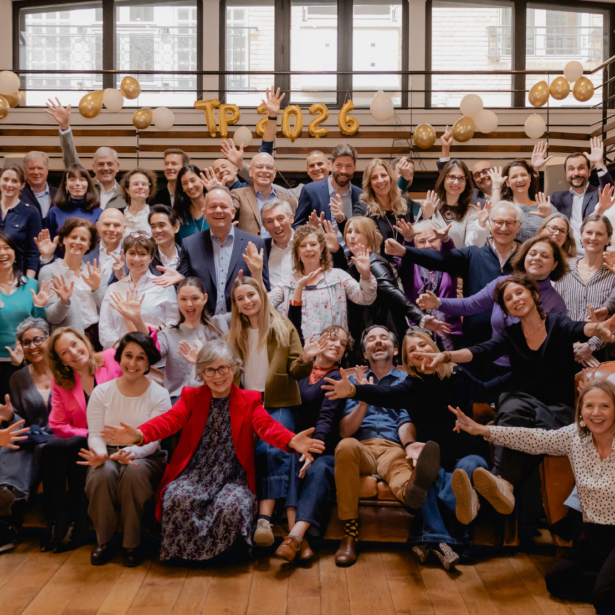
Inspiring News
The Human Edge in an AI World
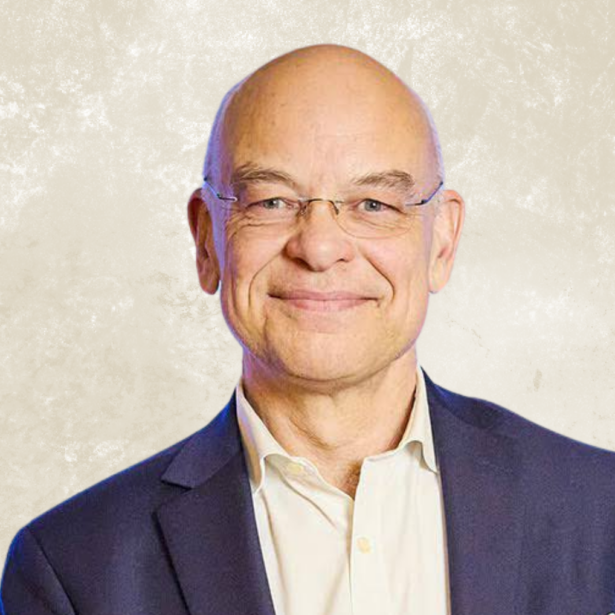
Inspiring News
"At Turningpoint, impact lies at the very heart of our purpose"
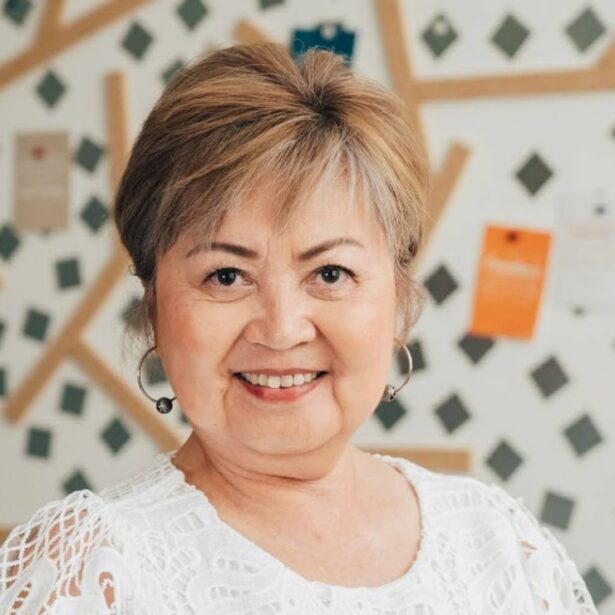
Inspiring News
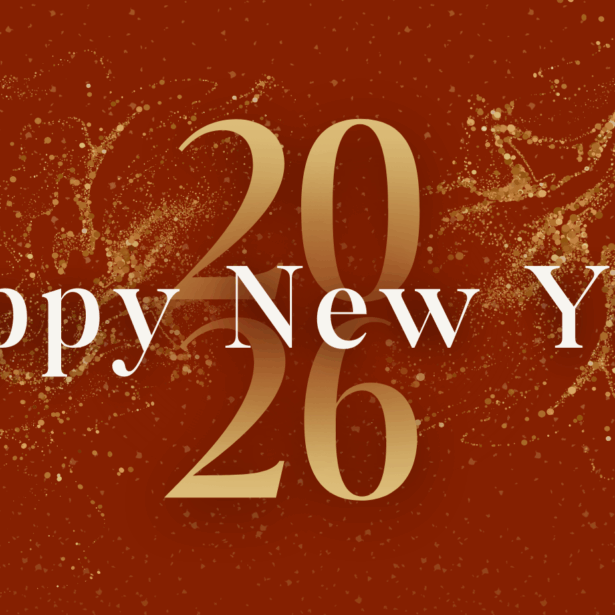
Inspiring News
Happy New Year 2026!
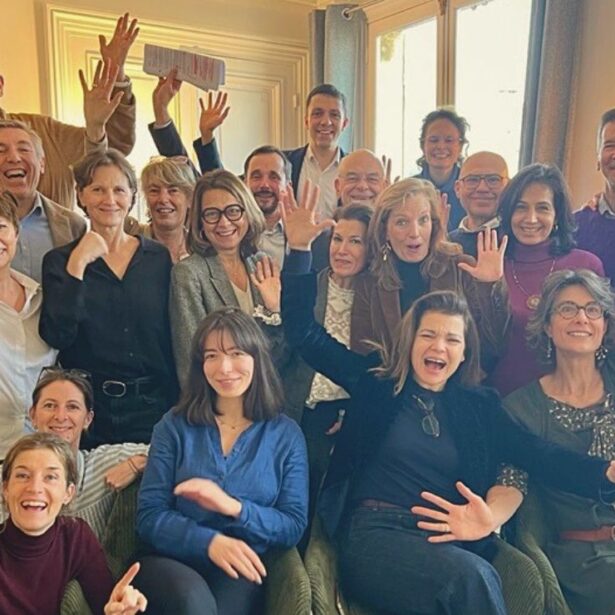
Inspiring News
Insights from TP Lab on December 4, 2025
Turningpoint’s approach to transformation is based on the systemic, appreciative and narrative methods of resource-oriented collective intelligence, as opposed to the more traditional corrective approach. These approaches and tools can be deployed for teams and large groups.
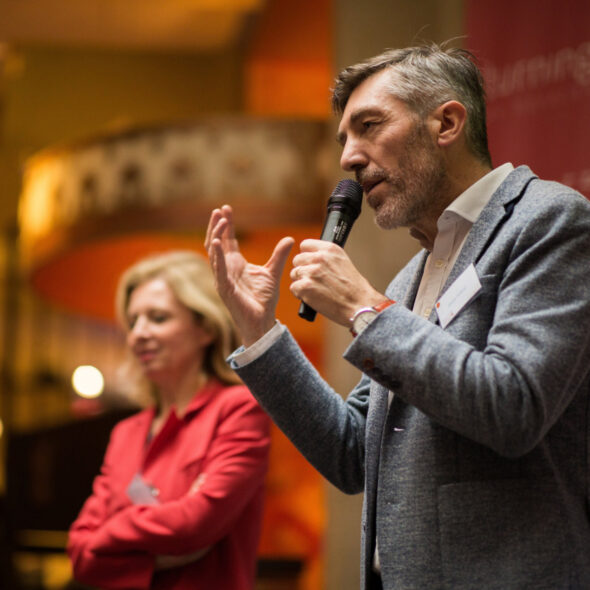
Turningpoint specializes in executive individual and group leadership and coaching and development.